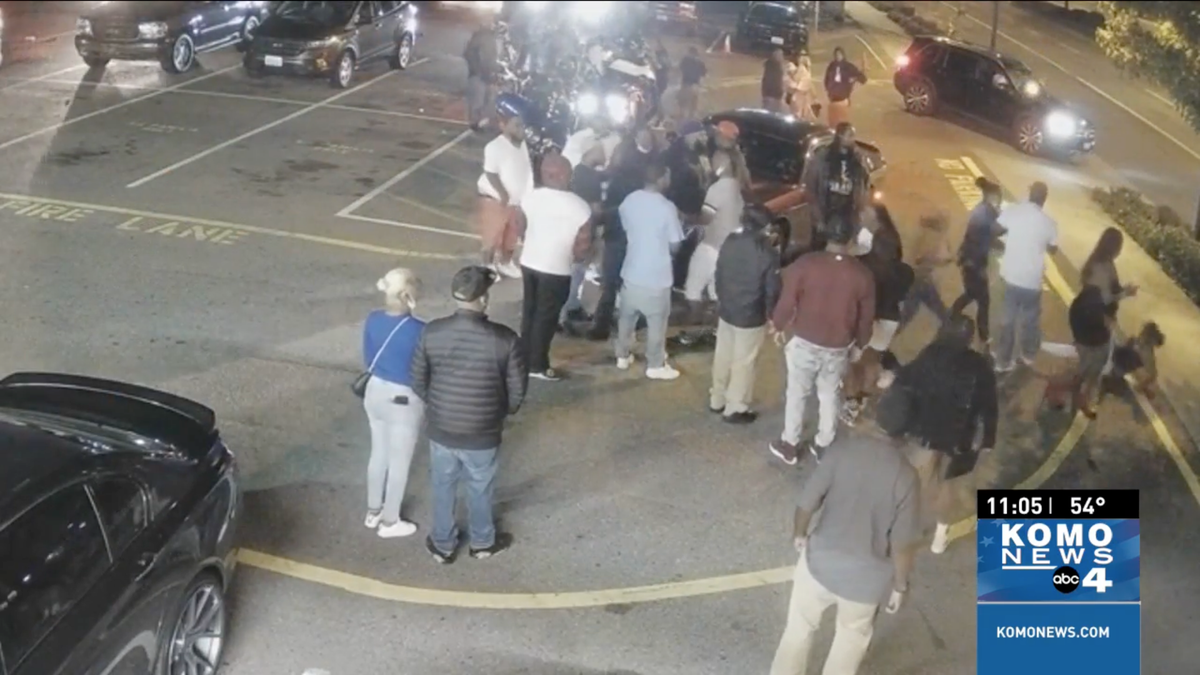A judge in Washington state has blocked video evidence that’s been “AI-enhanced” from being submitted in a triple murder trial. And that’s a good thing, given the fact that too many people seem to think applying an AI filter can give them access to secret visual data.



Digital zoom is just cropping and enlarging. You’re not actually changing any of the data. There may be enhancement applied to the enlarged image afterwards but that’s a separate process.
But the fact remains that digital zoom cannot create details that were invisible in the first place due to the distance from the camera to the subject. Modern implementations of digital zoom always use some manner of interpolation algorithm, even if it’s just a simple linear blur from one pixel to the next.
The problem is not in how a digital zoom works, it’s on how people think it works but doesn’t. A lot of people (i.e. [l]users, ordinary non-technical people) still labor under the impression that digital zoom somehow makes the picture “closer” to the subject and can enlarge or reveal details that were not detectable in the original photo, which is a notion we need to excise from people’s heads.
I 100 % agree on your primary point. I still want to point out that a detail in a 4k picture that takes up a few pixels will likely be invisible to the naked eye unless you zoom. “Digital zoom” without interpolation is literally just that: Enlarging the picture so that you can see details that take up too few pixels for you to discern them clearly at normal scaling.